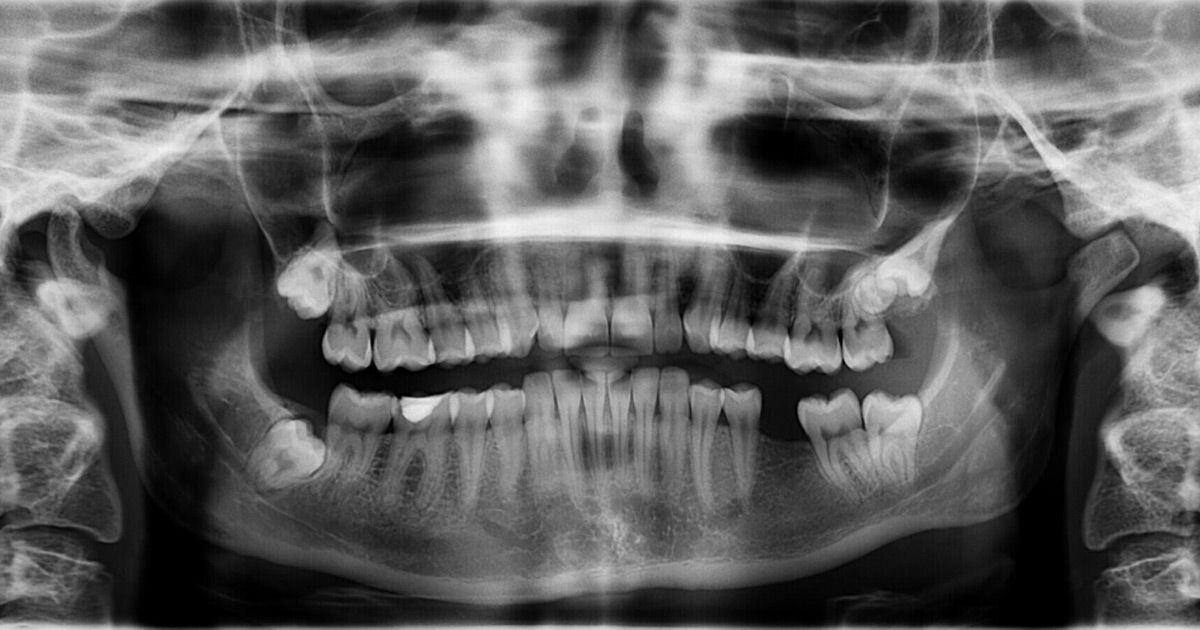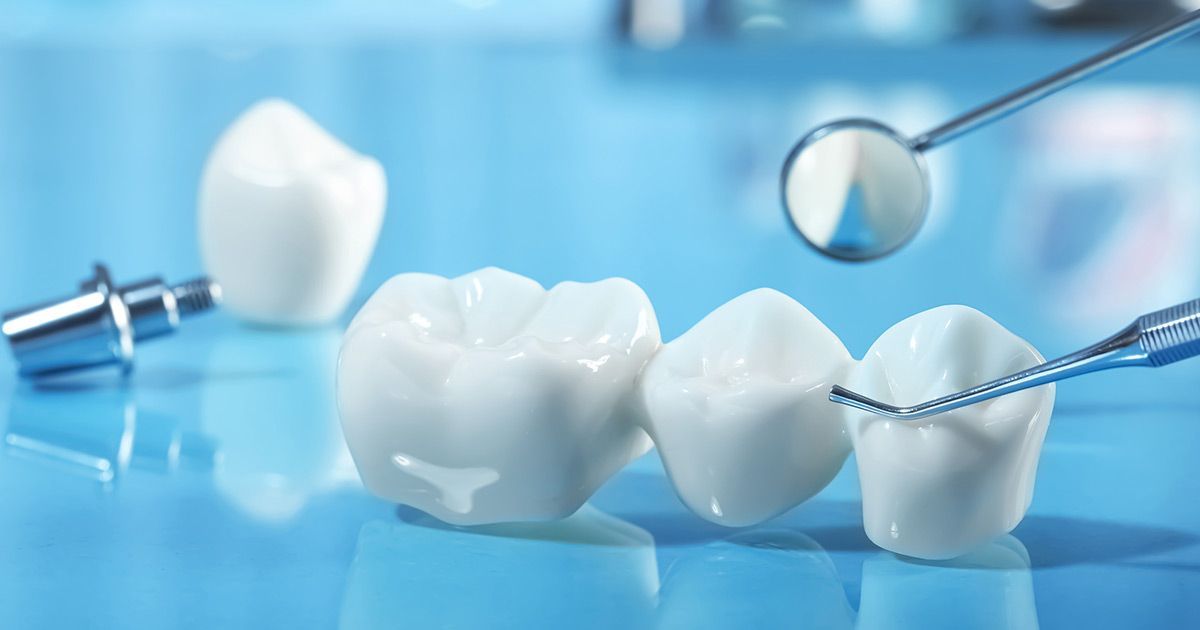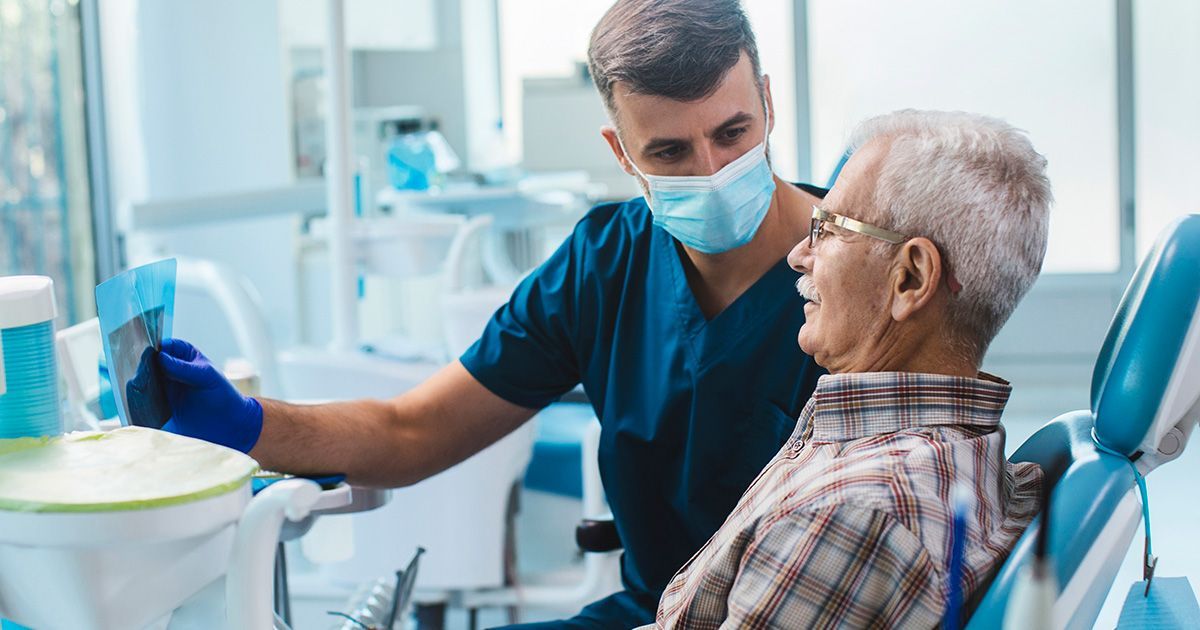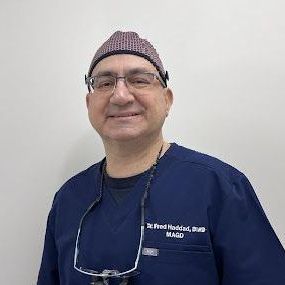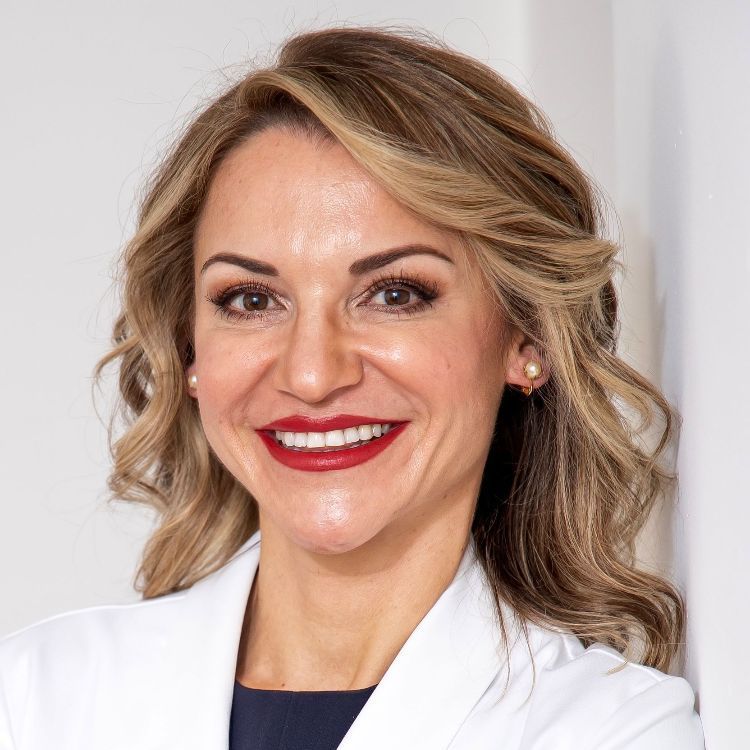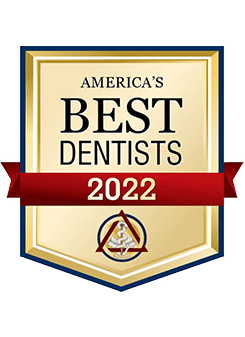Understanding the Causes and Consequences of Missing Teeth
Wondering about teeth replacement options? Discover the causes and consequences of missing teeth. Explore solutions to restore your smile. Visit us now!
Explore various tooth replacement options that fit your lifestyle. Discover which option works best for you.
Tooth loss is more common than many realize, with the leading causes being untreated cavities, periodontitis (advanced gum disease), and smoking, according to the CDC. Missing teeth can profoundly affect oral and overall health, leading to issues that extend far beyond aesthetics.
If you're concerned about tooth loss and are exploring
teeth replacement options, it's necessary to understand the underlying causes, potential consequences, and the restorative solutions available.
Causes of Missing Teeth
Tooth loss can result from different factors, each presenting unique challenges and requiring specific preventive or restorative measures. Understanding these causes is essential in addressing the issue.
Untreated Cavities
Dental cavities, if left untreated, can progressively destroy the structure of a tooth. The decay begins at the enamel and, without intervention, can penetrate deeper into the dentin and reach the tooth's pulp. It can result in severe pain and infection.
Periodontitis
Periodontitis is a severe form of gum disease that affects not only the gums but also the supporting bone that holds the teeth in place. It often starts as gingivitis, an inflammation of the gums due to plaque buildup. If gingivitis is not treated, it can advance to periodontitis, where the gums separate from the teeth, forming infected pockets.
Trauma or Injury
Accidents or injuries, such as a blow to the face during sports or a fall, can result in the immediate loss of one or more teeth. In some cases, the trauma can damage the underlying bone and soft tissues, complicating the ability to replace the tooth with a dental implant or bridge.
Smoking
Tobacco use is a well-known risk factor for various oral health issues, including periodontal disease, which can accelerate the process of tooth loss. Smoking affects the normal function of gum tissue cells, making smokers more susceptible to infections such as periodontal disease.
Medical Conditions
Certain systemic diseases, such as diabetes, can increase the risk of tooth loss. Diabetes can lead to dry mouth, increased levels of glucose in the saliva, and a higher susceptibility to infections, all of which contribute to the development of gum disease.
Other conditions, such as osteoporosis, can weaken the bones, including those supporting the teeth. This increases the likelihood of tooth loss.
Managing these medical conditions is key to maintaining oral health and preventing tooth loss.
Consequences of Missing Teeth
The loss of teeth is not merely a cosmetic issue. It has significant repercussions for both oral health and overall well-being. Understanding these consequences underscores the importance of seeking timely teeth replacement options.
Bone Loss
Bone resorption occurs when the bone that once supported a tooth begins to deteriorate after the tooth is lost. This process happens because the bone no longer receives the stimulation it needs to maintain its density.
The result is a decrease in the height and width of the jawbone, which can lead to further tooth loss and noticeable changes in facial structure, such as a sunken appearance around the mouth.
Difficulty Chewing and Speaking
Missing teeth can create significant challenges when chewing food properly, which is essential for good digestion and nutrition. Difficulty chewing can lead to a preference for softer, less nutritious foods, potentially resulting in dietary deficiencies.
Moreover, missing teeth, especially in the front of the mouth, can affect speech clarity, making certain words difficult to pronounce.
Shifting Teeth
When a tooth is lost, the adjacent teeth can begin to shift into the gap, leading to misalignment and changes in the bite. This movement can create spaces between teeth, making it easier for food to get trapped and harder to keep the teeth clean. Over time, this can increase the risk of cavities and gum disease, further compromising oral health.
Increased Risk of Decay and Gum Disease
The gaps left by missing teeth can become breeding grounds for bacteria, leading to a higher risk of cavities and gum disease in the surrounding teeth. These spaces are often more difficult to clean, and the resulting plaque buildup can exacerbate the problem.
Additionally, the shifting of teeth can alter the alignment of the bite and lead to areas that are harder to reach with brushing and flossing.
This further increases the risk of decay and gum disease.
Emotional Impact
The aesthetic impact of missing teeth can be profound, affecting a person's self-esteem and willingness to smile or interact socially. The psychological effects of tooth loss can lead to social anxiety and a reluctance to engage in social or professional situations.
Restoring missing teeth can improve confidence and quality of life.
Teeth Replacement Options
Dental Crowns
There are several effective solutions available to replace missing teeth. Each option offers distinct benefits and can be tailored to your dental needs.
Dental Implants
Dental implants involve putting a titanium post directly into the jawbone, which acts as an artificial tooth root. Over time, the bone fuses with the implant, providing a stable base for a crown. Implants look and feel like natural teeth and help prevent bone loss.
Dental Bridges
A dental bridge is a fixed appliance that fills the gap left by one or more missing teeth. It consists of crowns placed on the adjacent teeth (abutments) with an artificial tooth (pontic) in between. Bridges are a good option when adjacent teeth require crowns, but they do not prevent bone loss like implants.
Dentures
Dentures are removable appliances that can replace several or all missing teeth. While more affordable, they require maintenance and can sometimes be uncomfortable or unstable. Implant-supported dentures offer a more secure fit by anchoring the denture to dental implants.
Restorative Dentistry
Comprehensive restorative dentistry approaches, such as full mouth restorations, address multiple oral health issues. These include the use of:
- Crowns
- Bridges
- Dental implants
- Dentures
Why Choose Sewell Dental Designs?
Missing teeth can lead to a host of oral health problems, but understanding the causes and exploring teeth replacement options can help you take the first step toward restoring your smile.
Dr. Fred Haddad and his team provide personalized dental care tailored to each patient at Sewell Dental Designs in Sewell, NJ. Their expertise in implant dentistry, full mouth restorations, and other restorative dentistry services ensures that patients receive the highest standard of care.
Book an appointment today to explore the best solutions for your unique needs and reclaim the confidence that comes with a healthy, complete smile.
Dr. Haddad’s purpose at Sewell Dental Designs is to empower his patients so they can achieve and maintain excellent dental health and have a smile they are happy to show off. He decided on this path after receiving treatment from a competent and friendly dentist when he was a teen.
Dr. Haddad obtained his Bachelor of Science degree at George Mason University in Virginia and went on to earn his Doctor of Medicine in Dentistry degree (DMD) from Temple University Maurice H. Kornberg School of Dentistry.
Dr. Joanna Haddad was born and raised in Lebanon and now resides in Philadelphia, PA. She speaks Arabic, French, and English fluently. Dr. Joanna earned her Doctorate of Dental Medicine from the University of Pennsylvania School of Dental Medicine, graduating with honors in Public Health. During her time in dental school, she was highly involved in various organizations and served as the Chapter President of the American Student Dental Association. She is also a proud member of the American Dental Association, American Association of Facial Esthetics and American student dental association.
Dr. Konstantina S. Giesberg, DDS, is a board-certified dentist anesthesiologist who has earned the privilege of becoming a Diplomate of the American Dental Board of Anesthesiology (DADBA).Dr. Giesberg obtained, with honors, her degree of Doctor of Dental Surgery (DDS) from the University of Buffalo, NY. She then completed her General Practice Residency in Dentistry at Wyckoff Heights Medical Center in Brooklyn, NY. Dr. Giesberg then furthered her studies at Wyckoff Heights Medical Center with a Specialty Program in Dental Anesthesiology, involving three years of concentration in deep sedation and general anesthesia.
Quick Links
All Rights Reserved | Sewell Dental Designs
